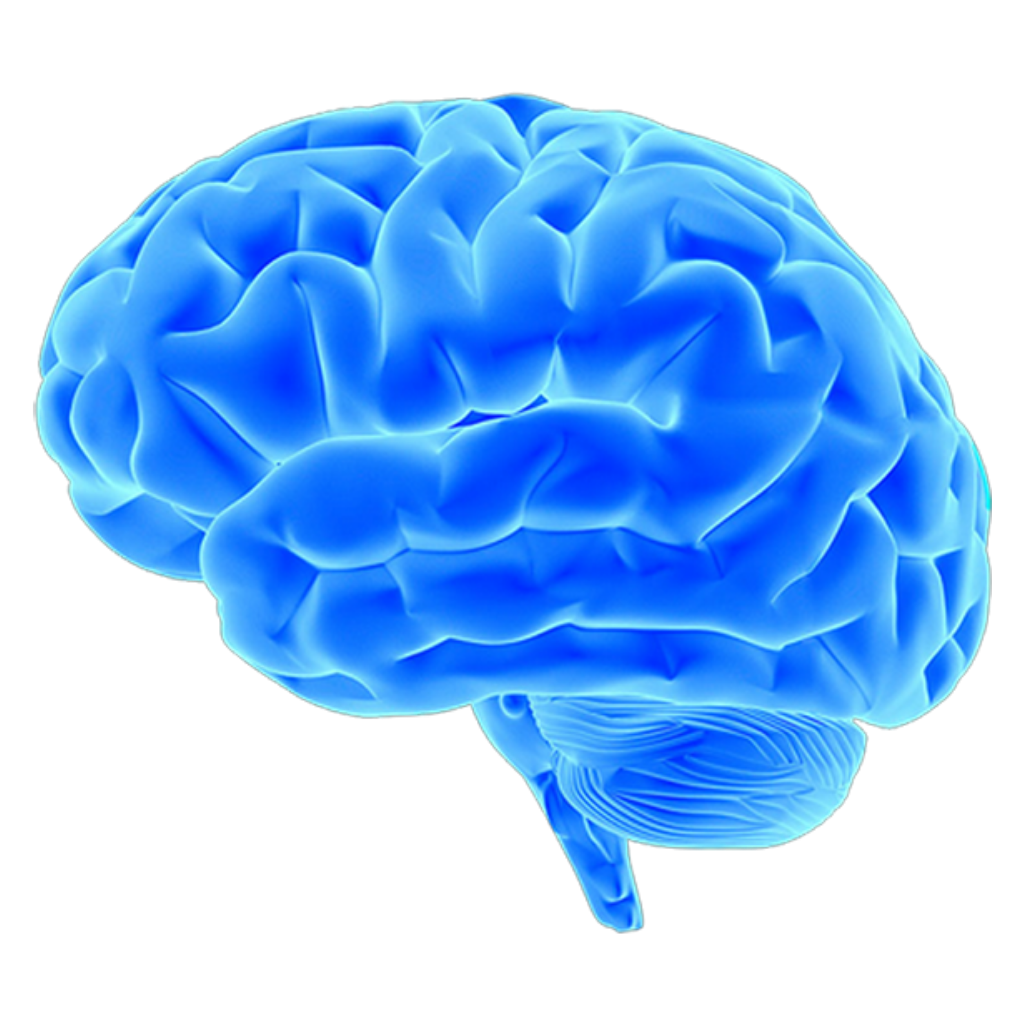The intricate relationship between our psychological states and physiological responses has long captivated scholars, philosophers, and spiritual thinkers alike. Within the Bahá’í teachings, a profound understanding of human experiences such as pain—not merely in its physical form but as a composite of emotional and spiritual dimensions—is prevalent. This exploration probes various aspects of pain management through the lens of neurobiology, particularly focusing on endorphins, opioids, and the transformative capacity of love.
At the very essence of the Bahá’í Faith lies the fundamental principle of unity; a concept that transcends both individualistic and collective experiences of suffering. To better comprehend this, one must first investigate the biological constituents involved in our experiences of pain. Pain, in its myriad forms, evokes a response from the human body orchestrated by various neurotransmitters. Among these, endorphins and opioids play a cardinal role in modulating our perceptions of discomfort. The immediate response of endorphins to stress or pain serves as a natural analgesic, a biochemical reassurance from our bodies in turbulent times.
Endorphins are neuropeptides that function as neurotransmitters, binding to receptors in the brain to mitigate pain, induce sensations of pleasure, and promote a general sense of well-being. The production of endorphins is stimulated through various activities, including physical exercise, laughter, and even acts of service. The Bahá’í teachings emphasize the significance of altruism, which inherently fosters the well-being of both the giver and the receiver. In this context, acts of love and kindness can be seen as a conduit for releasing these innate pain-relieving chemicals, creating both immediate and long-lasting benefits for our physiological and psychological states.
Conversely, opioids—both endogenous (naturally occurring within the body) and exogenous (introduced through external sources)—are dual-faceted chemicals that offer powerful effects on pain perception. The use of exogenous opioids, while beneficial in alleviating acute pain, often leads to dependency and a range of adverse side effects when accessed without moderation. The balance between the responsible use of such substances and the intrinsic capacity for self-soothing afforded by endogenous opioids is a striking reflection of the Bahá’í principle of moderation. Just as love serves as a binding force among individuals, the judicious application of pain management strategies rallies around the nurturing pillars of balance and responsibility.
The concept of love, both divine and human, resonates profoundly within the context of emotional pain—a dimension often overlooked in clinical discussions surrounding pain management. Chronic emotional distress, whether derived from loss, betrayal, or societal isolation, can manifest physically, further complicating conventional treatments. The teachings of Bahá’u’lláh, the founder of the Bahá’í Faith, highlight love as the most powerful unifying force. It possesses the potential to not only transcend individual experiences of suffering but also to serve as the salve for collective societal grievances.
Neurologically, experiences of love activate specific brain circuits that promote the release of endorphins. The feelings of attachment and connection triggered by love ignite neural pathways critical to our sense of safety and belonging. This phenomenon echoes the Bahá’í emphasis on community and unity, wherein love acts as an antidote to feelings of isolation and alienation, common experiences in contemporary society, marked by its complexities and challenges.
Moreover, engaging in spiritual practices such as prayer and meditation—which are deeply embedded in the Bahá’í Faith—facilitates an increased secretion of endorphins and bolsters mental resilience. Scientific studies corroborate the efficacy of meditation as a potent tool for cultivating mindfulness and reducing perceived pain levels through biochemical processes. The holistic nature of such practices emphasizes the interdependence of body, mind, and spirit, resonating deeply with Bahá’í teachings that advocate for a balanced approach to life.
Anecdotes of individuals finding solace in community service or engagement in acts of kindness demonstrate an essential facet of the Bahá’í ethos—that love embodies an inexhaustible reservoir capable of invigorating weary souls. This trajectory towards healing is neither linear nor uniform; rather, it reflects a nuanced interplay between emotional connections, physiological responses, and the overarching quest for meaning that defines the human experience.
Lastly, understanding the nexus between pain—whether physical or emotional—and the philosophies espoused in the Bahá’í Faith illuminates a pathway toward alleviation through acceptance and love. Instead of viewing pain merely as an impediment, it can be seen as an opportunity for growth, communion, and deeper understanding. Just as endorphins serve as natural allies in our struggle against suffering, the prayers, acts of love, and community engagement promoted by the Bahá’í Faith constitute essential strategies for navigating the complexities of life.
In conclusion, the interplay between brain chemistry, distress, and love reveals profound insights into human resilience and the transformative power of connection. The teachings of the Bahá’í Faith align seamlessly with contemporary understandings of emotion and physiology, advocating for a holistic approach to pain that incorporates love, service, and a keen awareness of the interconnectedness of all life. In this shared journey, individuals not only strive for personal alleviation from suffering but collectively enhance the fabric of community, thus exemplifying the radiant potential of love.
